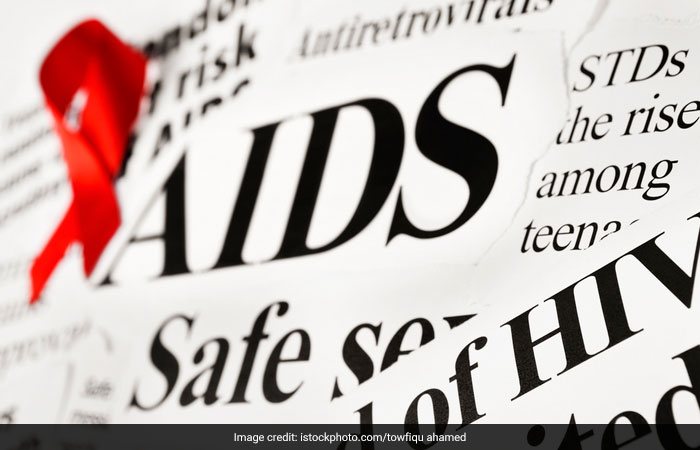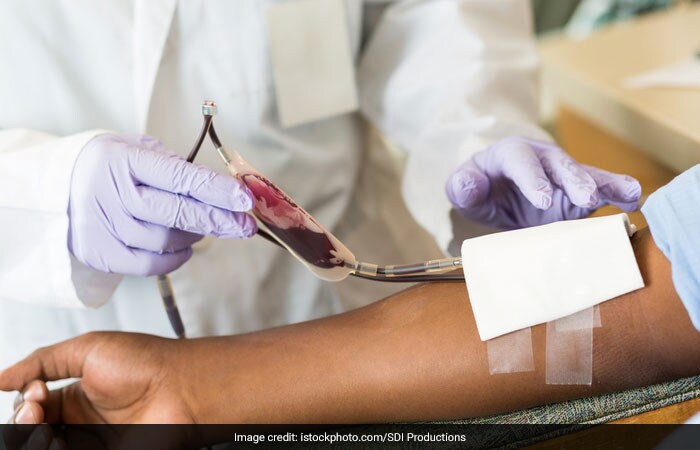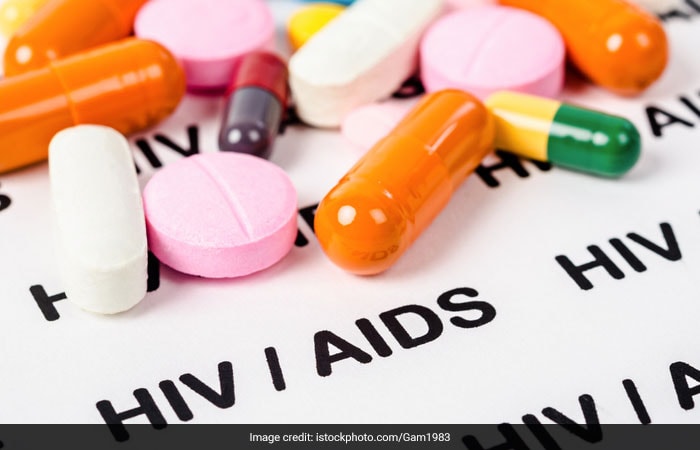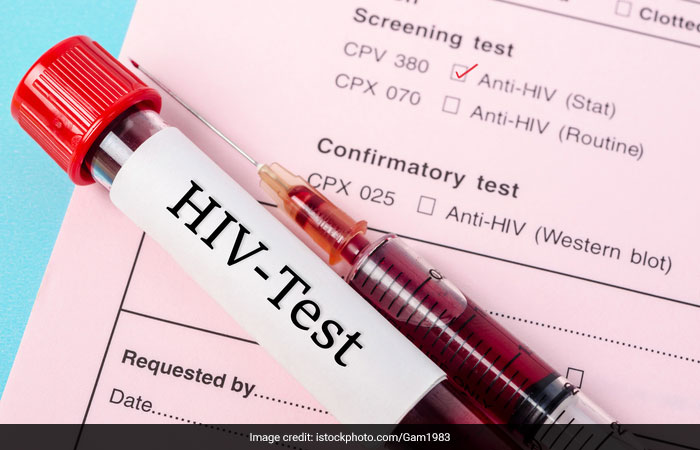From Symptoms To Transmission, Here Are Five Things To Know About HIV Infection
According to UNAIDS, around 17 lakh people are infected with HIV each year. According to World Health Organisation (WHO), almost 6.9 lakh people died of AIDS in 2019. Even now only 68 per cent adults and 53 per cent of children living with HIV globally are receiving the required treatment. Not everyone is able to access HIV testing, which according to UNAIDS is crucial for combating the virus. According to Dr. Veena Aggarwal, Gynaecologist, Consultant Women's Health, Medtalks.in, an online medical platform which provides continuous medical education to doctors and paramedical staff, suppressing the viral load to undetectable levels makes people with HIV far less likely to pass the virus to others. However, due to the lack of awareness and the stigma around AIDS, people hesitate to get tested. Here are five things to know about HIV virus.
What is the difference between HIV and AIDS?
Explaining the two terms, Dr. Rohan Sequeira, Consultant General Medicine, Jaslok Hospital & Research Centre, said, "As the name suggests, HIV (human immunodeficiency virus) essentially targets the auto immunity of the person. There are different kinds of cells in the body called T cells (also called T lymphocytes), B cells, and memory cells, among others. HIV virus destroys those cells and leaves the body with no defence mechanism."
HIV is the virus which causes the infection and AIDS is the last stage of the HIV infection where the immune system of the body is completely knocked out, added Dr Sequeira.

How is HIV transmitted?
HIV is found in certain bodily fluids of infected people, like blood, semen, vaginal fluids, rectal fluids and breast milk, according to WHO. The exchange of infected body fluid is considered as the main source of transmission.
"The main routes of transmission are unprotected sexual intercourse with multiple partners; blood transfusion that is not tested for HIV; sharing of needles, syringes, other injecting equipment; from mother to infant during pregnancy, child birth or breastfeeding", said Dr. Vinay D, Infectious Diseases Physician, Apollo Hospitals, Bengaluru.

What are the symptoms of HIV?
Though HIV is diagnosed with a blood test, there are some common symptoms caused by weakened immunity like unexplained fever lasting more than 14 days, unexplained skin rashes, nausea, significant weight loss like more than 2 kgs in a month and skin manifestation, that can signal the risk of HIV, according to Dr. Vinay D.
HIV patients are at a very high risk of getting tuberculosis (TB) and in India TB is the most common disease exhibited by HIV patients. Experts also advise testing all TB patients for HIV.

What is the treatment for HIV?
As of today, there is no vaccine or cure available for HIV infection but it can be treated using antiretroviral drugs which prevent multiplication of the virus in the human body and control the disease. Antiretroviral therapy (ART) targets the virus at different levels and suppresses the infection.

How long HIV goes undetected and who is at the most risk?
Dr Vinay D said that a person may not show symptoms of HIV for 5 years. In most of the cases, people are asymptomatic and HIV is detected incidentally in the sense, someone might have gone for blood donation where tests are done and HIV is diagnosed. According to experts, everyone is at risk as the transmission depends on the physical contact and exchange of body fluid.
















